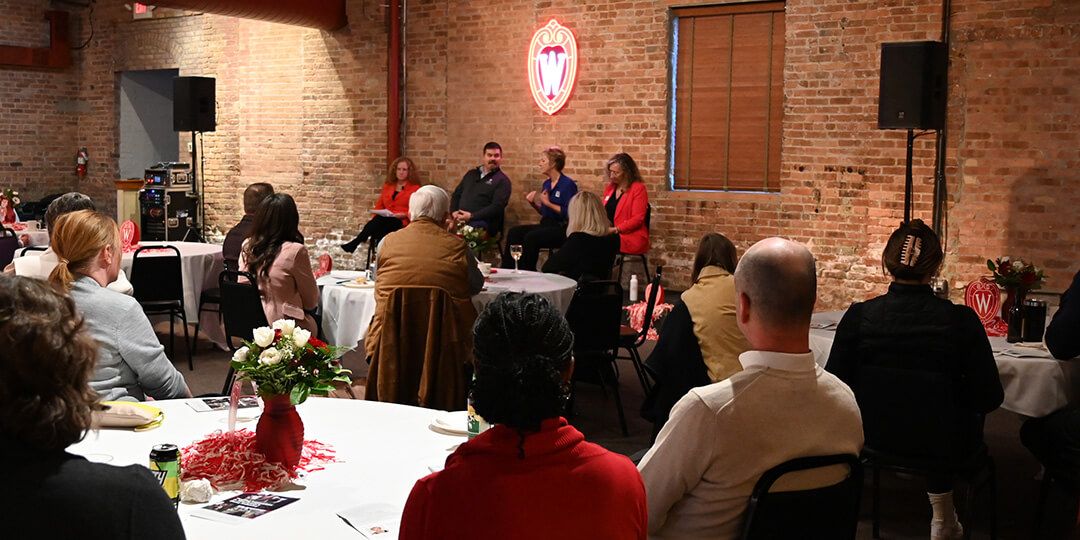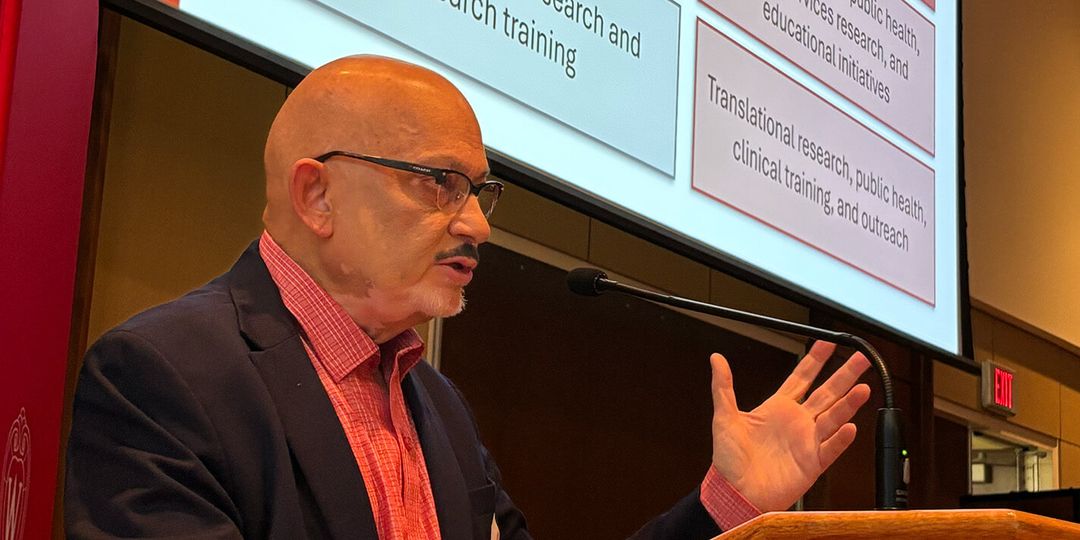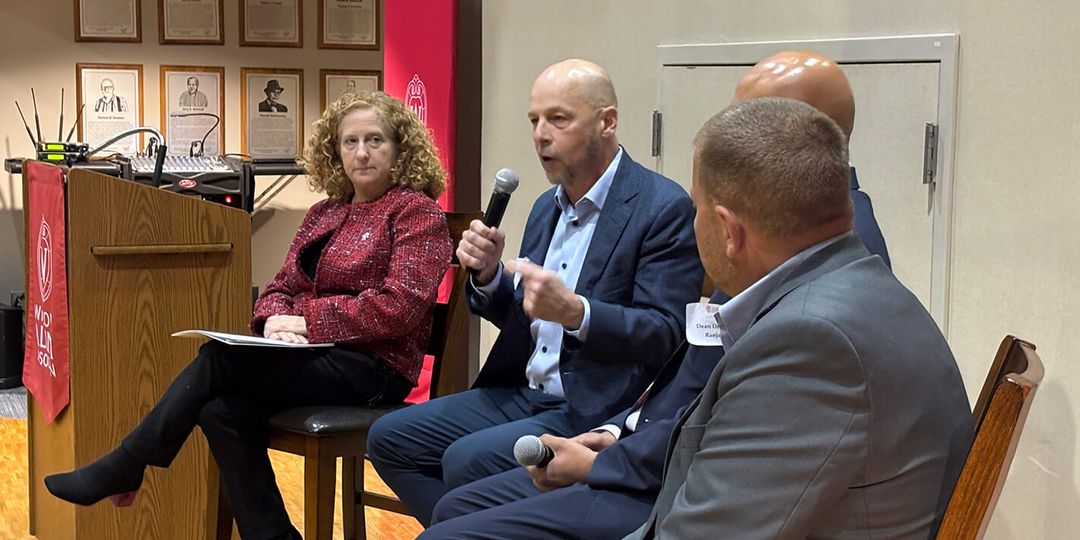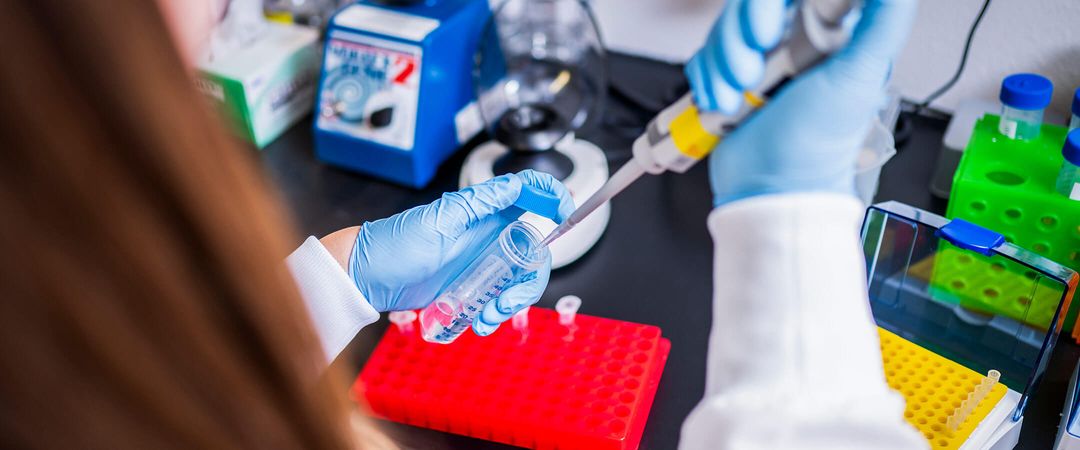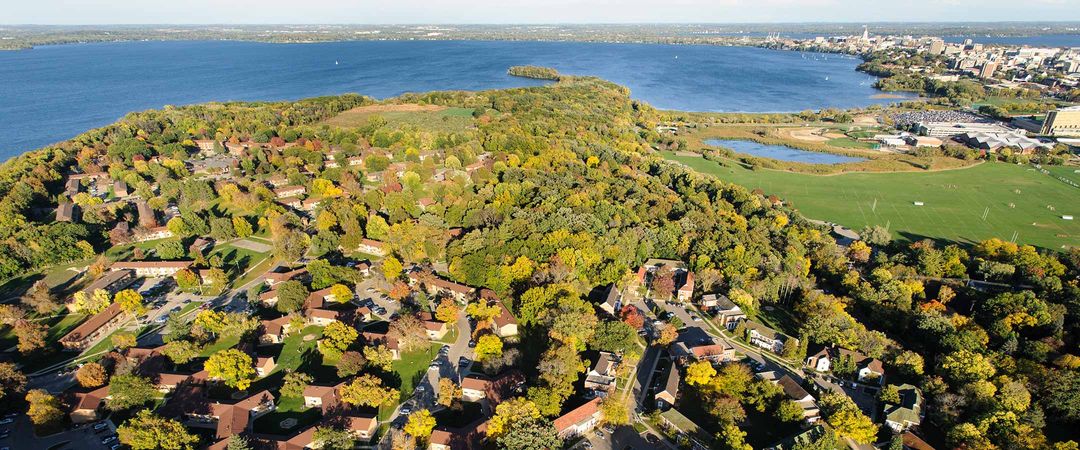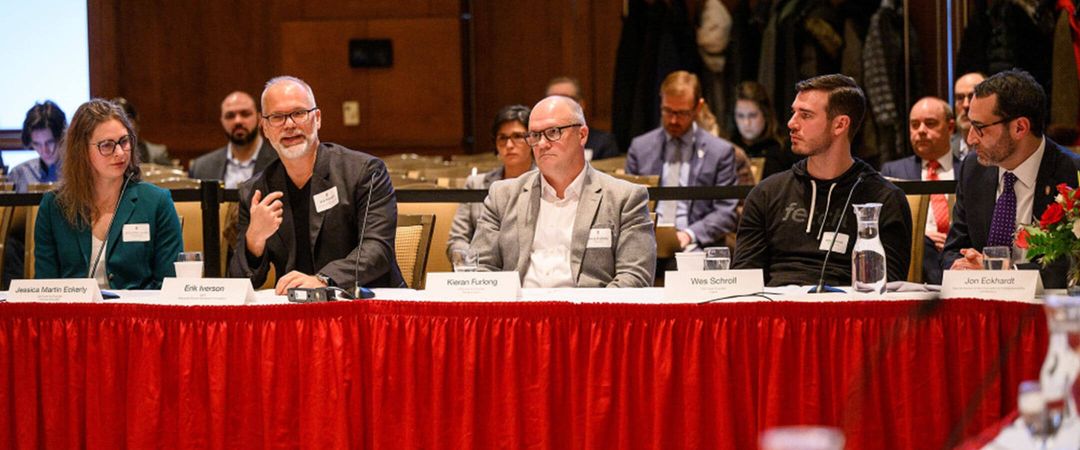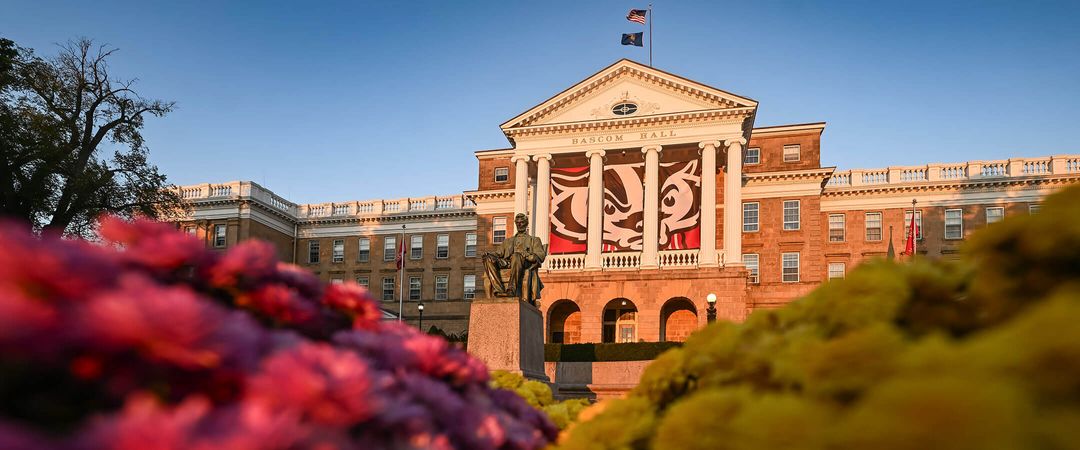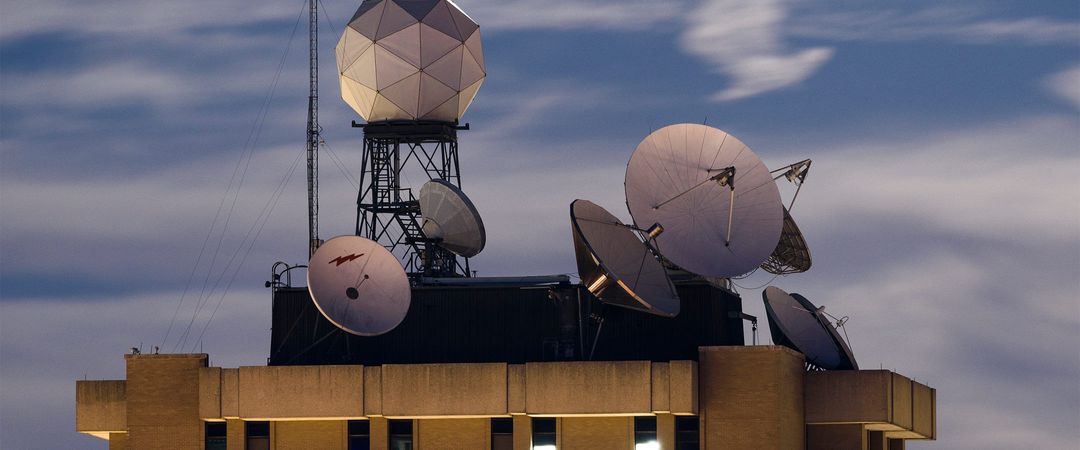BARABOO, WI (March 20, 2025) — Wisconsin’s dairy-industry leaders gathered at the historic Baraboo Arts Center on March 20 to celebrate the success of the Dairy Innovation Hub, a collaborative research initiative that has become a model for the nation in just five years since its inception.
University of Wisconsin-Madison chancellor Jennifer Mnookin joined a distinguished panel including Matt Ruark, Dairy Innovation Hub faculty director; Shelly Mayer, executive director of Professional Dairy Producers of Wisconsin; and state representative Karen DeSanto to discuss the Hub’s impact on Wisconsin’s $52.8 billion dairy industry.
A Strategic Partnership Yields Results
The Dairy Innovation Hub, supported by $7.8 million a year from the state of Wisconsin, leverages research and development across UW–Madison, UW–Platteville, and UW–River Falls. This collaborative approach has already yielded significant results according to Ruark.
“In the last year alone, researchers from the Hub brought in more than $8 million in federal dollars,” Ruark explained. “We’ve doubled the investment in terms of research dollars being brought in.”
The Hub has funded more than 250 projects and hired 18 faculty members across the three campuses. These investments have expanded research capacity in four key areas: animal welfare and milk production; land and water stewardship; human health and nutrition; and growing farm businesses.
From Farm Tables to Research Labs
One of the evening’s most compelling moments came when Shelly Mayer shared the Hub’s origin story, which began at a kitchen table on a Wisconsin dairy farm.
“The strategic plan started in the handwriting of dairy farmers in Mitch Breunig’s barn,” Mayer recounted. “The world looks to Wisconsin as being the leader in dairy. That’s where innovation comes from.”
Mayer emphasized that the Hub’s creation was the result of more than four years of grassroots effort that began when dairy farmers recognized an urgent need for research investment.
“You can go a while probably without research, but when you realize it’s missing, you’re too late,” she noted. “Wisconsin is the leader, not just ‘America’s Dairyland.’ That’s why we had to put investment behind that.”
Impacts Beyond the Farm
Chancellor Mnookin highlighted that Wisconsin has more dairy farms than any other state — 5,348 dairy farms this year, 99 percent of which are family-owned. These farms support roughly 160,000 jobs across the state.
The Hub’s work extends far beyond traditional farming practices. Examples of innovation mentioned during the panel include:
- A virtual reality app for training farmworkers on cow-handling techniques
- Soil health improvements through optimized manure management
- Collaborations among traditionally separate academic departments to develop cutting-edge products
“We develop evidence-based solutions to real-world challenges,” Chancellor Mnookin explained. “We help to create new products and continue to innovate.”
Global Recognition, Local Benefits
The Hub’s collaborative research model has attracted international attention.
“It hasn’t gone unnoticed around the world,” Mayer said. “Folks from Germany and other parts of the world want to know how and why we have the Hub.”
Representative DeSanto noted the importance of communicating these successes. “We need to elevate these voices, elevate why, who, how it’s all touching the farmers themselves, the industry itself, and then move that up into why investing in the university system is integral.”
Future Vision
Looking ahead to the next five years, the panelists emphasized the importance of continued investment in research and the power of public-private partnerships.
“Five years from now, success will be that we continue to listen,” Mayer said. “The world will continue to come to Wisconsin for the answers, and our business will be even stronger.”
Ruark added that the Hub’s practice of funding “high risk, high reward” research provides crucial preliminary data that helps secure larger federal grants. The evening concluded with Chancellor Mnookin recognizing Wisconsin’s standing as sixth in the country for research investment, while highlighting the importance of continued support for the Universities of Wisconsin.
